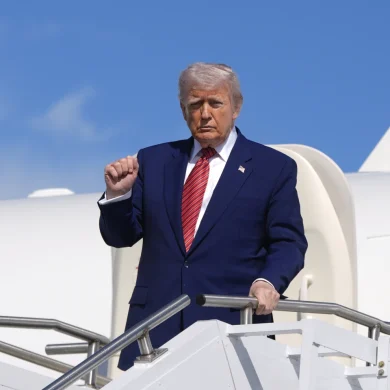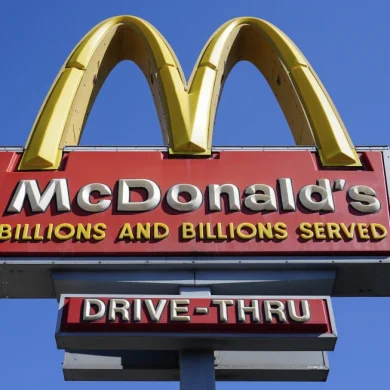Making meat is a dirty business. For Brazilian meat company JBS, getting approval to sell its shares on the New York Stock Exchange has been even more complicated.
Environmental groups, animal rights activists, U.S. lawmakers, and some investors have tried to stop JBS from listing in the U.S., pointing to the company’s long history of corruption, monopolistic actions, and harm to the environment.
Despite this, JBS pushed forward, saying that being listed in both Sao Paulo and New York would bring in new investors and better show its global business. At the end of last month, the U.S. Securities and Exchange Commission allowed the company to list its shares on the New York Stock Exchange.
JBS is one of the largest food companies worldwide, with more than 250 factories in 17 countries. Half of its yearly income comes from the U.S., where it employs over 72,000 people. It is the top beef producer in America and the second-largest producer of poultry and pork.
On Friday, JBS’ minority shareholders—who own 30% of the company—are set to vote on the plan to list in both countries. If they agree, JBS could start trading in New York as soon as next month.
Early voting results released by JBS showed 52% of shareholders were against the plan, but many votes were still waiting to be counted, so the result was not certain.
Last fall, 20 environmental groups, including Mighty Earth, Greenpeace, and Rainforest Action Network, wrote an open letter to JBS investors opposing the U.S. listing, saying it would increase risks to the climate.
Glass Lewis, an important independent advisor for investors, also recommended shareholders reject the plan.
In its report, Glass Lewis raised concerns about Joesley and Wesley Batista, brothers who recently returned to JBS’s board. The brothers, sons of JBS’ founder, were jailed briefly in Brazil in 2017 on charges of bribery and corruption.
“In our view, the involvement of the company and of Joesley and Wesley Batista in multiple high-profile scandals has tarnished the company’s reputation, undermining stakeholder trust and posing a significant risk to its competitive position,” Glass Lewis said.
The firm also objected to JBS’s plan for two classes of shares, which would give the Batistas and other main shareholders more voting power.
JBS responded to Glass Lewis by saying it has put stronger controls and anti-corruption training in place in recent years. It said a U.S. listing would bring more oversight from American authorities.

“We believe this transaction will increase our visibility in global markets, attract new investors and further strengthen our position as a global food industry leader,” said JBS Global CEO Gilberto Tomazoni when announcing the upcoming vote.
Many U.S. lawmakers remain doubtful that JBS should be on the New York Stock Exchange.
In a letter to JBS last week, U.S. Senator Elizabeth Warren, a Democrat from Massachusetts, mentioned that Pilgrim’s Pride—a U.S. company owned by JBS—was the largest single donor to President Donald Trump’s inauguration, giving \$5 million. The SEC approved JBS’s listing only weeks after this donation, Warren noted.
“I am concerned Pilgrim’s Pride may have made its contribution to the inaugural fund to curry favor with the Trump administration,” Warren wrote, asking the company to explain the donation.
JBS said it has a “long bipartisan history of participating in the civic process.”
Warren was part of a bipartisan group of 15 U.S. senators who asked the SEC in January 2024 to reject JBS’s U.S. listing. The group included Republicans Marco Rubio and Josh Hawley, Democrat Cory Booker, and Independent Bernie Sanders.
Their letter pointed out that in 2020, J\&F Investments, a major JBS shareholder owned by the Batista family, pleaded guilty to bribery in U.S. federal court and agreed to pay \$256 million in fines.
They also noted Pilgrim’s Pride pleaded guilty to price-fixing in 2021. U.S. Senate investigations found that JBS ignores rainforest destruction in the Amazon caused by its suppliers.
“Approval of JBS’ proposed listing would subject U.S. investors to risk from a company with a history of blatant, systemic corruption, and further entrench its monopoly power and embolden its monopoly practices,” the letter said.









